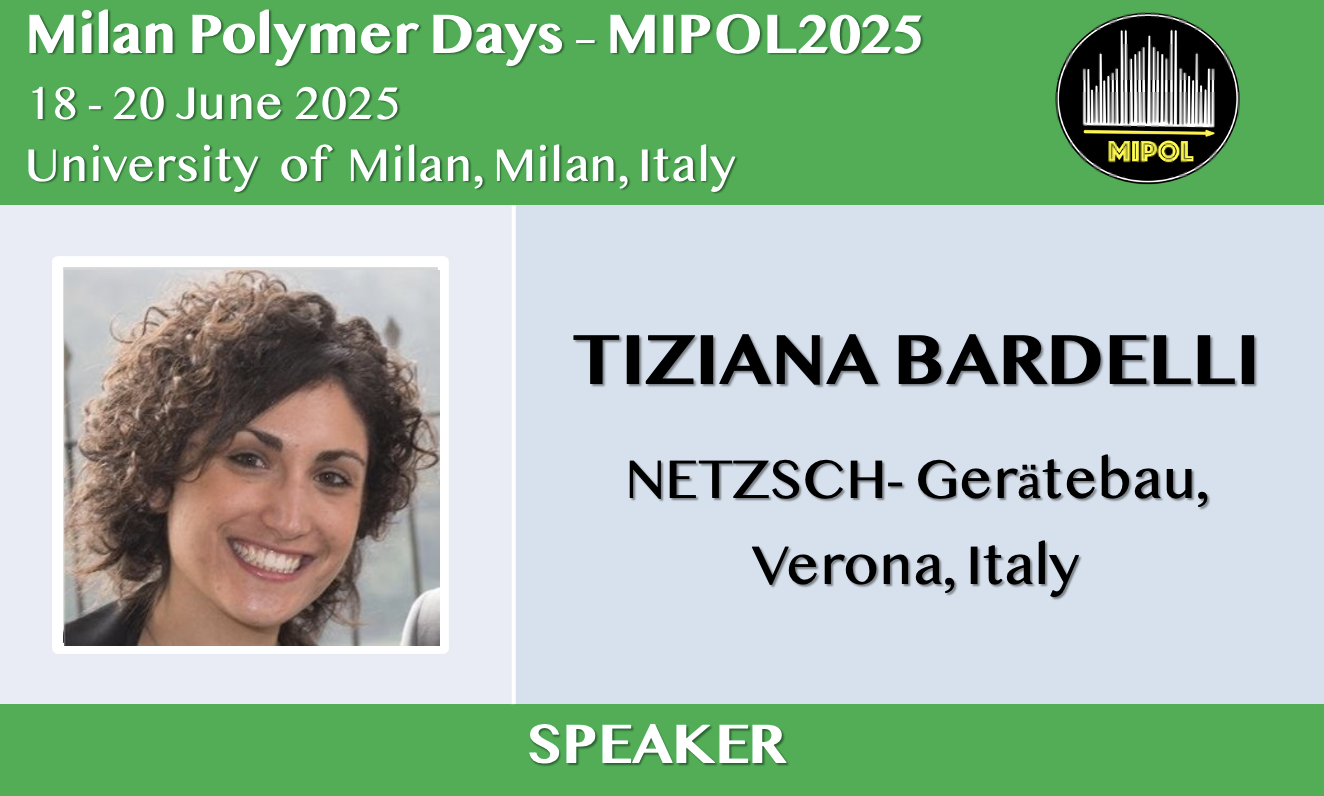Understanding and optimizing the quality of recycled polypropylene (PP) through thermal analysis and rheology
Abstract

The increasing demand for high-quality recycled polymers in technical applications highlights the urgent need for effective quality control strategies. A major challenge stems from the complex nature of post-consumer and post-industrial plastic waste, which often contains multilayer or multicomponent products that complicate sorting. Traditional separation techniques based on density or optical properties frequently fail to distinguish between chemically similar polymers such as polypropylene (PP) and polyethylene (PE). As a result, recyclates typically exhibit unknown compositions and contaminations, leading to variability in processing behavior and final part performance. Scientific studies have established that immiscibility between different polymer types, especially between PP and PE, plays a critical role in limiting the mechanical integrity of recyclates [1]. Due to their differing chemical structures and crystallization behaviors, PP and PE form phase-separated morphologies even when processed together, creating weak interfaces that serve as crack initiation sites under mechanical loads. Thermal analysis, particularly Differential Scanning Calorimetry (DSC), has become a fundamental tool to characterize such blends by detecting distinct melting and crystallization transitions [2]. Quantitative analysis through crystallization kinetics additionally provides insights into the rate and perfection of crystal formation, both of which are impaired by contamination [3]. Rheology offers complementary information on the molecular and phase structure of recyclates. Rotational rheology, especially oscillatory shear measurements, can reveal differences in molecular weight distributions and detect phase separation phenomena. Tools such as Han plots (logarithmic plots of storage modulus G' vs. loss modulus G") and Cole-Cole plots (complex viscosity plots of η' vs. η") allow a more detailed evaluation of miscibility in polymer blends. In miscible systems, these plots exhibit smooth, predictable behavior, while deviations signal immiscibility or incompatibility. Capillary rheometry, on the other hand, enables the study of flow properties at high shear rates representative of processing conditions, providing critical information for applications such as extrusion, injection molding, or blow molding. Building on these fundamentals, the present study focuses on the characterization of polypropylene recyclates with varying degrees of PE contamination. Two PP recyclates and a virgin PP were analyzed using DSC, rotational, and capillary rheology. The DSC measurements confirmed the presence of PE through additional melting peaks and altered crystallization behavior. Rheological measurements revealed that the recyclates had lower molecular weights compared to the virgin PP and exhibited altered shear and extensional viscosities. Oscillatory tests and Han plots further confirmed phase separation in blends with significant PE content.
The study highlights that while detailed scientific characterization methods are crucial for understanding recyclate behavior, they can also be adapted and simplified for practical quality control. Standardized DSC measurements combined with selected rheological tests can effectively detect critical contaminations and predict processability, allowing recyclers and converters to assess material quality more efficiently. By integrating scientific insights into routine workflows, it becomes possible to increase the use of recyclates in high-performance applications, supporting a more sustainable polymer economy.
References
- C. Aumnate, C. Spicker, R. Kiesel, M. Samadi, N. Rudolph. Recycling of PP/LDPE Blend: Miscibility, Thermal Properties, Rheological Behavior and Crystal Structure. 2016, SPE ANTEC Conference Proceedings, Indianapolis.
- N. Rudolph, N. Laufer, S. Ofe High-Quality Recyclates and Increased Yields through Thermal Analysis. Plastics Insights 2024, 8, Precise analysis of polymer blends from post-consumer waste
- C. Aumnate, M. Samadi, N. Rudolph Polymers 2019, 11, 1456.
Acknowledgments
We would like to thank Dr. Chuanchom Aumnate, for providing us the study results contributing to advanced characterization of recyclates.

